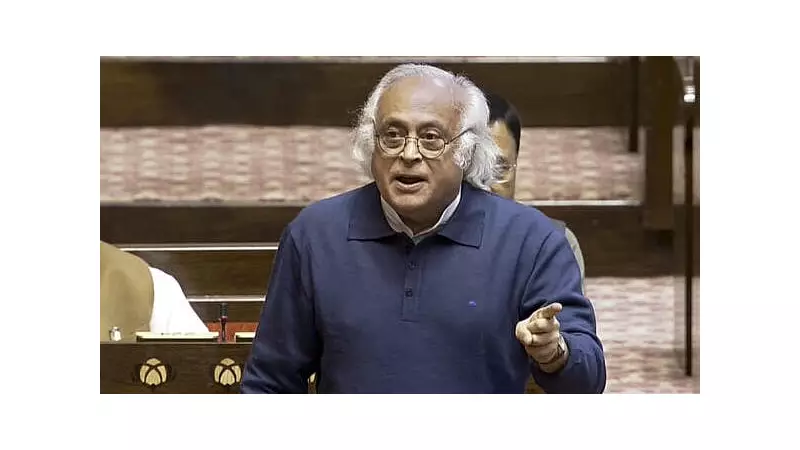
The Delhi government's ambitious plan to implement cloud seeding to combat air pollution has sparked a major political controversy, with the Congress party launching a scathing attack on the initiative. Senior Congress leader Jairam Ramesh has termed the project a "cruel joke" on the people of Delhi.
Political Clash Over Environmental Solution
In a strongly worded statement, Ramesh criticized the Arvind Kejriwal-led government, accusing it of making empty promises while failing to address the root causes of Delhi's persistent air pollution crisis. The cloud seeding project, designed to induce artificial rainfall and wash away pollutants, has become the latest battleground in Delhi's political landscape.
Timing Concerns Amid Monsoon Delays
The controversy comes at a critical time when Delhi is experiencing significant delays in monsoon arrival, exacerbating the city's air quality concerns. The cloud seeding initiative, which involves injecting substances like silver iodide into clouds to stimulate rainfall, was seen as a potential temporary solution to the capital's pollution woes.
Ramesh didn't hold back in his criticism, suggesting that the Delhi government was focusing on expensive technological fixes rather than implementing sustainable, long-term solutions to tackle pollution at its source. His comments highlight the growing tension between political parties regarding environmental policy in one of the world's most polluted cities.
The Science Behind Cloud Seeding
Cloud seeding technology, while not new, remains a subject of debate among environmental scientists. The process involves:
- Identifying suitable cloud formations
- Dispersing seeding agents via aircraft or ground-based generators
- Stimulating the condensation process to enhance rainfall
- Potentially washing away airborne pollutants
However, critics argue that the effectiveness of cloud seeding varies significantly depending on meteorological conditions and that it should not replace comprehensive pollution control measures.
Broader Implications for Urban Environmental Policy
This political confrontation underscores the challenges faced by rapidly growing urban centers in developing effective environmental strategies. As Delhi continues to grapple with severe air quality issues, the debate over cloud seeding reflects larger questions about:
- The role of technology in environmental management
- Political accountability in pollution control
- Cost-effectiveness of innovative solutions
- Public trust in government environmental initiatives
The ongoing political drama surrounding Delhi's cloud seeding plan demonstrates how environmental issues increasingly become focal points for political confrontation in urban India. As the monsoon continues to play truant, the pressure on all political parties to deliver tangible solutions to Delhi's pollution crisis continues to mount.






